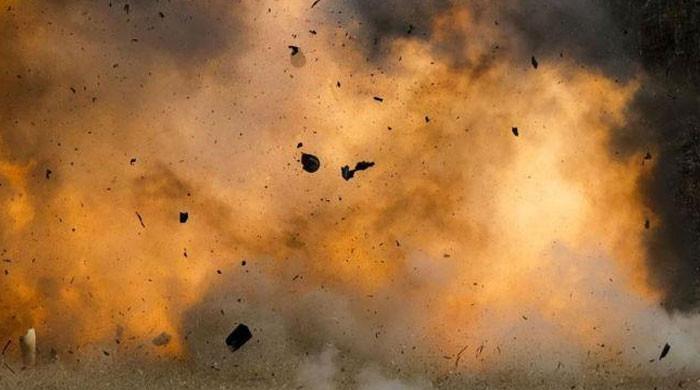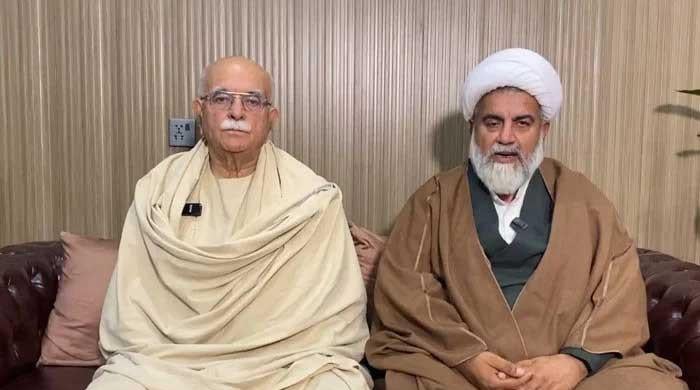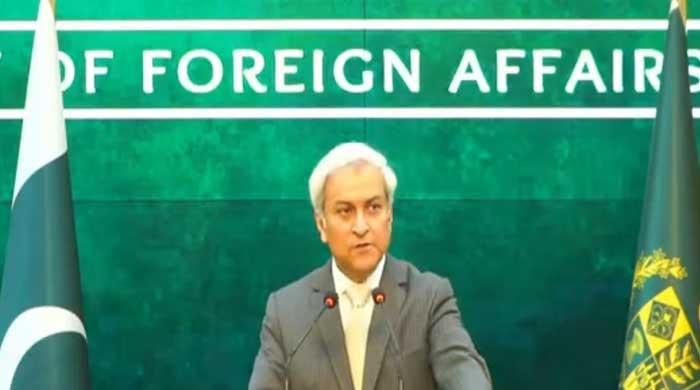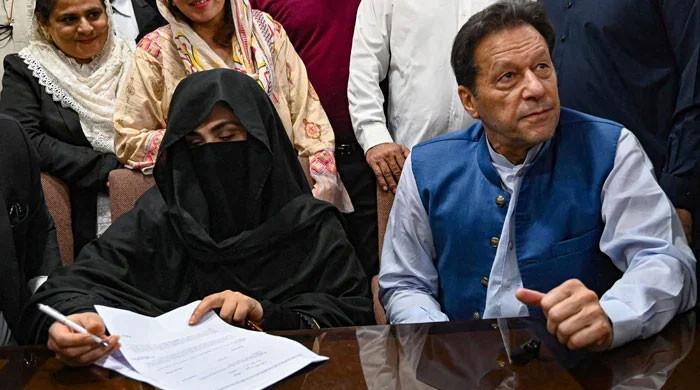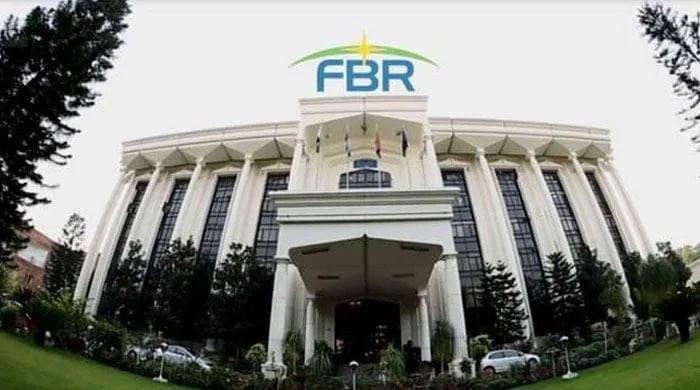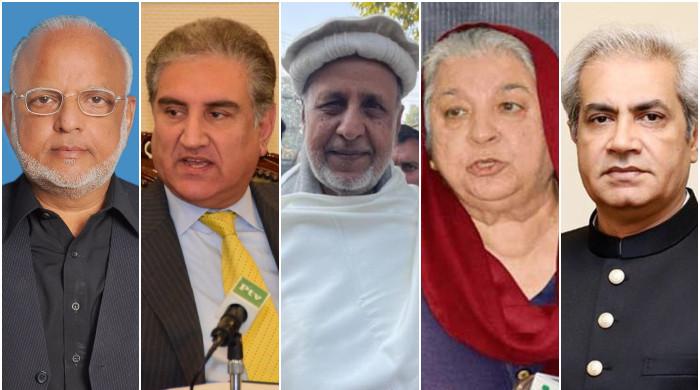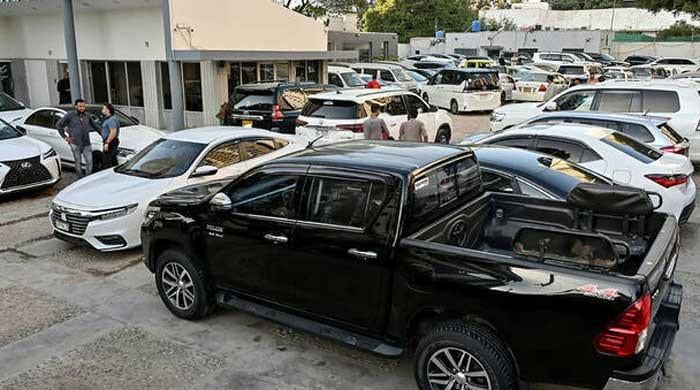Pakistan rejects US designation on religious freedom, calls it arbitrary, selective
US designates Pakistan as “Country of Particular Concern” for "violations" of religious freedom
November 18, 2021
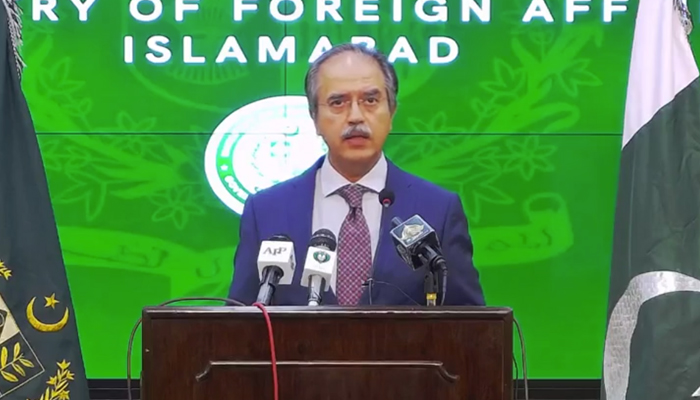
- US designates Pakistan as “Country of Particular Concern” for "violations" of religious freedom.
- Foreign Office says subjective designations do not contribute to promoting cause of religious freedom.
- "Pakistani society is multi-religious and pluralistic with rich tradition of inter-faith harmony," says statement.
Pakistan on Thursday rejected the US State Department’s assessment under the US domestic legislation on religious freedom, terming it arbitrary and selective.
The designation of Pakistan as a “Country of Particular Concern” is completely against the realities on the ground and raises serious doubts about the credibility of this exercise, Foreign Office (FO) spokesperson Asim Iftikhar said during his weekly press briefing.
Each year the US secretary of state identifies "governments and non-state actors, who, because of their religious freedom violations, merit designation under the International Religious Freedom Act", a statement by US Secretary of State Antony J Blinken said.
The US secretary of state has placed Pakistan and several other countries on the list for allegedly "having engaged in or tolerated systematic, ongoing, and egregious violations of religious freedom”.
Iftikhar noted that such subjective designations do not contribute towards promoting the cause of religious freedom worldwide.
"Pakistan and the US have been constructively engaging on the subject at the bilateral level, a fact regrettably overlooked by the US," the spokesperson said.
"Pakistani society is multi-religious and pluralistic with a rich tradition of inter-faith harmony. Religious freedom and the protection of the rights of minorities are guaranteed by our constitution and ensured through a range of legislative, policy, and administrative measures," he said.
Iftikhar highlighted that the glaring omission of India, where the RSS-BJP regime and their leaders openly disregard religious freedom and discriminate against minority communities in an institutionalised manner, is unfortunate and puts the credibility of the US report into question.
"State complicity in organised violence against the Muslim minority in India is a matter of record," the spokesperson said.
Iftikhar said it was no secret that attacks by cow vigilantes and mob lynchings of Indian Muslims take place regularly, with complete impunity for the perpetrators.
Systematic demonisation, dispossession, marginalisation, and targeted violence against Muslims in Hindutva-inspired India have become commonplace, he said.
The findings and recommendations of the US Commission on International Religious Freedom, as well as the US Congressional hearings on the maltreatment of minorities in India and the violation of religious freedom including in the Muslim-majority Indian occupied Jammu and Kashmir were ignored by the US State Department, he said.
'Pakistan is sincerely playing its part'
"We believe the redressal of the rising trend of intolerance, discrimination, xenophobia, and Islamophobia requires global efforts based on the principles of cooperation and mutual understanding," he said.
Pakistan is sincerely playing its part in this endeavour and will continue to do so, the spokesperson added.
Iftikhar said Pakistan was deeply concerned by the rising trend of violence against minorities particularly Muslims in India and the increasing constraints on religious freedom.
Pakistan condemns the restrictions imposed on offering Friday prayers, vandalisation of mosques, attacks against Muslims offering prayers, and sacrilege of Muslim places of worship, he said.
The detention of hundreds of activists under draconian laws for raising voices against widespread human rights violations of minorities in India has attracted global attention, Iftikhar said.
The spokesperson called on the international community, particularly the United Nations and relevant human rights and humanitarian organisations to fulfil their responsibilities to stop the rising Islamophobia and violent attacks against minorities particularly Muslims in India, and ensure their safety and security and the protection of their places of worship.




